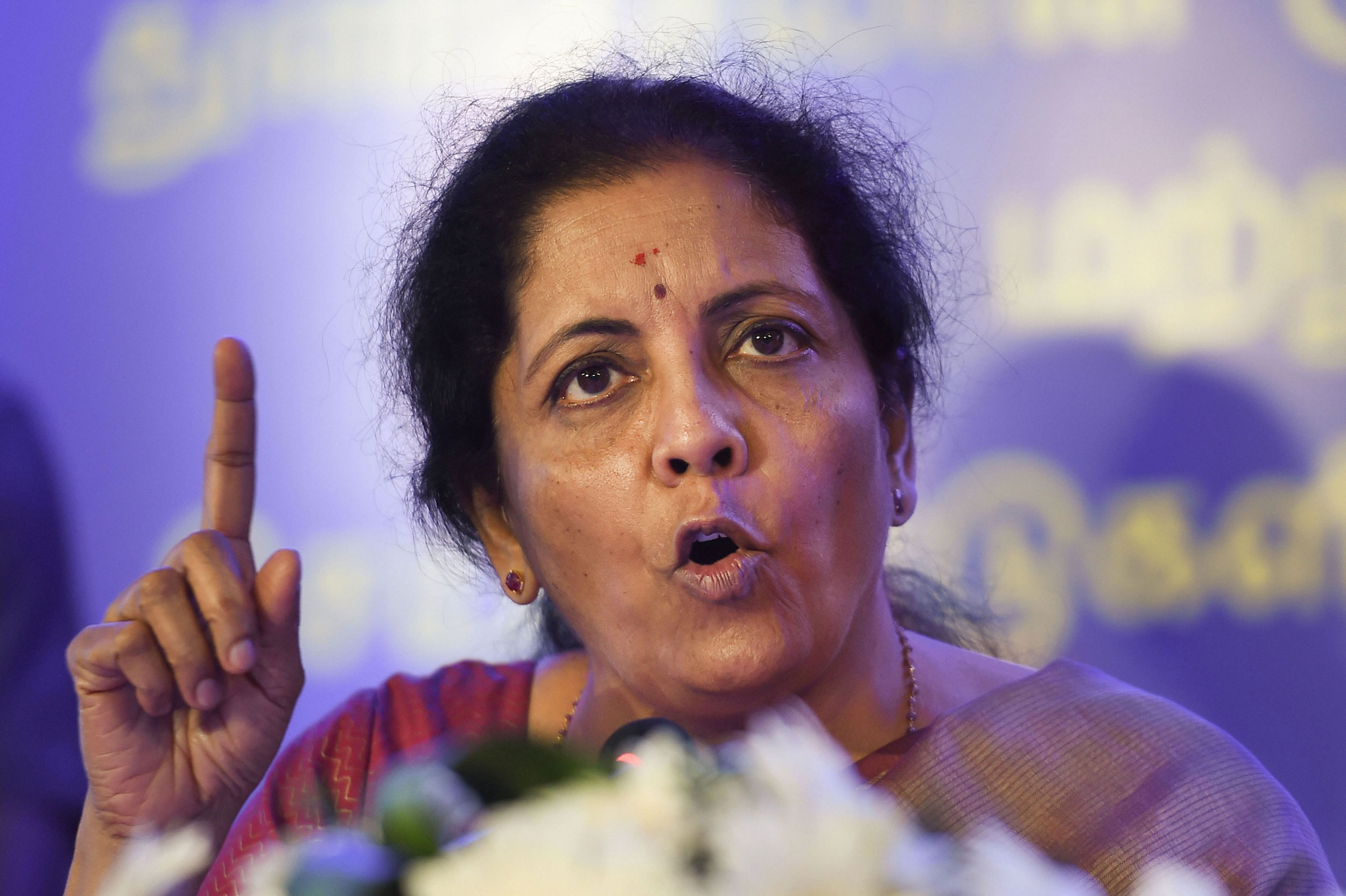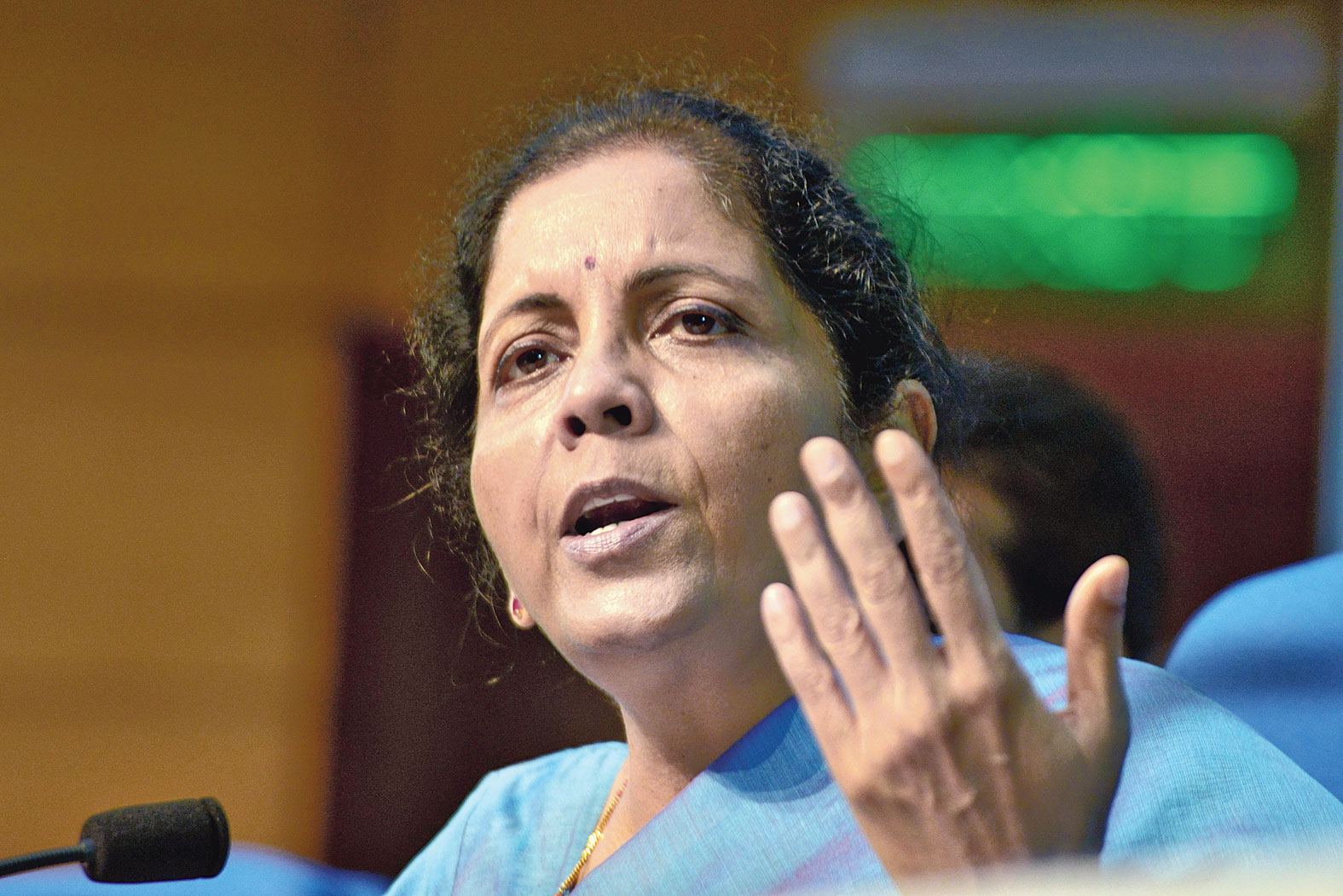The Centre seems to have reluctantly agreed that there is indeed a slowdown in the economy, and that the immediate prospects of a recovery without government intervention appear bleak. A recent stimulus package announced by the finance minister focuses on two sectors: affordable housing and exports. In each of these sectors, additional finances are being made available. For housing, the government has promised help to the tune of Rs 20,000 crore. This money is not for new projects. Rather, the fund is for stalled projects, where additional credit may be required by buyers or by the builders. Projects that have stalled for a long time would be classified as non-performing assets and not be eligible for support. Hence, the projects that are eligible for support are the ones just getting into liquidity problems. While this may be fair enough, the policy might induce opportunistic behaviour where an existing project’s builder might begin to feign a lack of funds so as to attract government largesse. Whether this strategy would attract new demand for housing is unclear. However, that is exactly what is needed at this moment of decelerating growth.
As far as exports are concerned, there was widespread anxiety that they have been falling in the recent past. The Rs 50,000 crore package for exports consists of duty refunds costing the exchequer the same amount of money. The duty refunds would be settled very quickly by electronic transactions so that exporters would not have to wait long and get tangled in the bureaucratic red tape. While this may certainly remove a few bottlenecks in exports and provide some incentives to exporters, it is not obvious what the market for Indian exports looks like at the moment. India is caught in the tariff war between the United States of America and China. The opportunities and threats thrown up by this conflict are still fuzzy. The world economy is also slowing down, with or without the US-China trade war. Brexit is another source of economic uncertainty plaguing the international markets. Hence, external market demand has been slowing too. The geopolitics of the Middle East, South Asia and even of Latin America have added to market woes. Hence, looking for new markets might be frustrating for India. Moreover, there is a mismatch between high-value export items of global demand and those exported by India. From primary and low-technology goods, India needs to shift its focus to medium and high-technology goods by adopting new technologies. Mere financial support is unlikely to have a positive effect on the real volume and on the value of exports in the near future.












